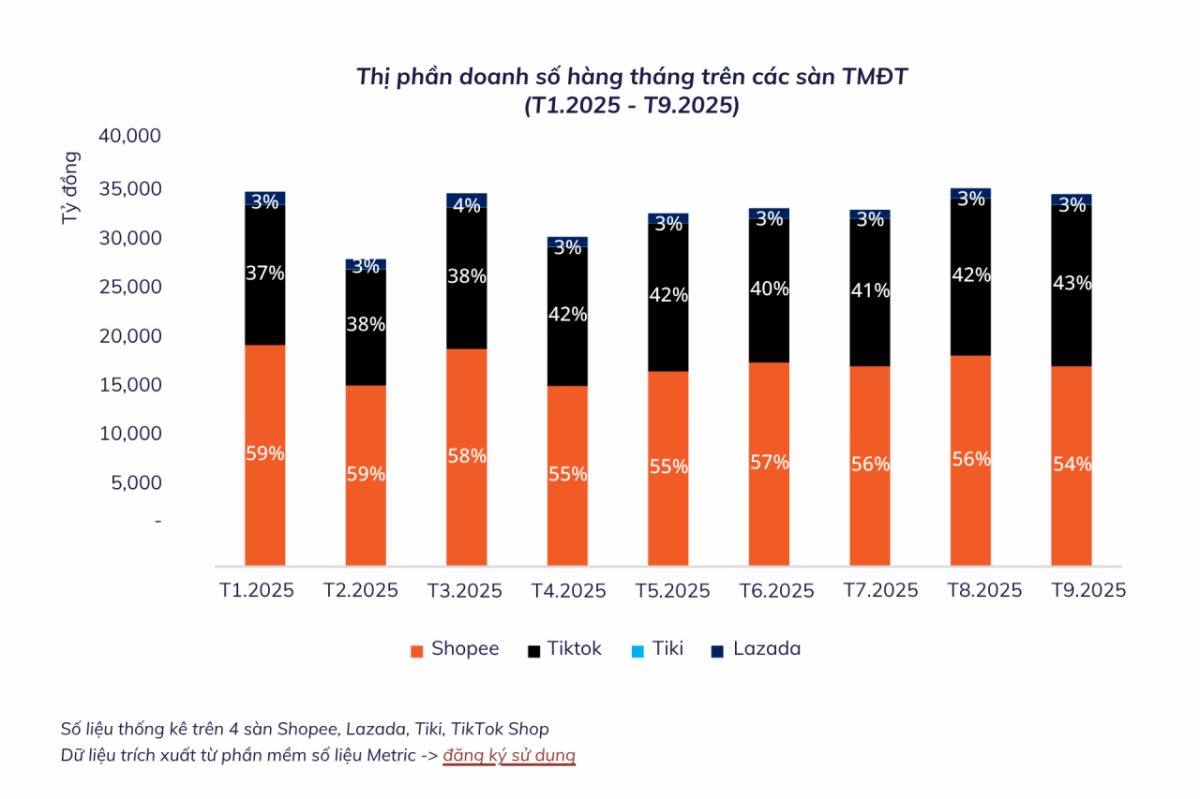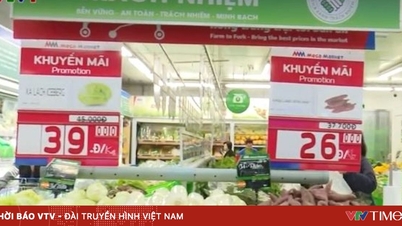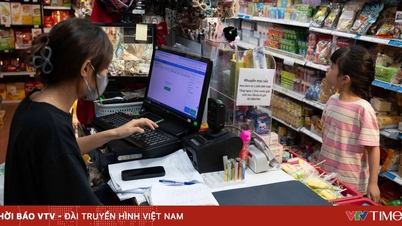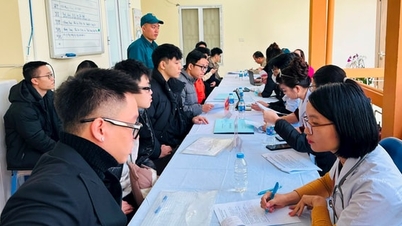Increase trust with Vietnamese consumers
In recent years, the Vietnamese e-commerce market has recorded rapid growth and increasingly deep participation from both domestic enterprises and international platforms. The overall picture shows a dynamic, highly competitive environment, with many new business models constantly emerging.
According to figures from Metric, in the third quarter of 2025, domestic purchasing power is recovering strongly after a period of stagnation. Total sales on all four platforms (Shopee, Lazada, Tiki, TikTok Shop) reached an impressive 103.6 trillion VND, up 22.25% over the same period in 2024 and a slight increase of 2.6% over the second quarter.
This recovery was accompanied by a huge number of products traded: Total sales reached 988.9 million products, up 10.25% compared to the same period in 2024. Shopee continued to maintain its leading position with 56% market share. TikTok Shop accelerated dramatically, growing by 69%, increasing its market share from 30% to 41%. These figures show that the market share of foreign e-commerce platforms still dominates domestic platforms.

Monthly sales market share on e-commerce platforms. Photo: Metric
Many experts believe that domestic exchanges still face many challenges in competing with international platforms, from investment scale to service optimization and marketing. This leads to inadequacies in the ability to retain users, market coverage, and operating costs.
Mr. Pham Trung Hieu - Deputy Director of VNPost Distribution & Retail Business Operations Board ( Postal Agricultural Products E-commerce Platform), said that the characteristic of platforms serving the agricultural industry is high operating costs, especially in the stages of preservation, quality control and logistics.
"Many products are food that require cold transportation, clear traceability, and strict testing processes, increasing costs compared to the fast-moving consumer goods industry," Mr. Hieu commented. "Although the demand for products on digital platforms is still increasing steadily, domestic floors in this field are still 'at a double loss' because they have to handle many tasks themselves."
Not only agricultural platforms, many other domestic e-commerce platforms also face similar challenges. They have to balance operating costs, optimize logistics... causing domestic platforms to sometimes face more competitive pressure than international platforms, which have the ability to mobilize large resources to reduce prices, market strongly and optimize operating costs.
According to Mr. Vu Trung Thanh, an expert in the field of e-commerce, the difficulty also comes from the difference in legal obligations between domestic enterprises and cross-border e-commerce entities. "Domestic enterprises fully perform tax obligations, register businesses, take responsibility for displayed content, protect consumers, resolve complaints... Meanwhile, some cross-border platforms have not previously been subject to corresponding constraints," Mr. Thanh explained.
This difference unintentionally creates a gap that puts domestic enterprises under more pressure, in addition to the fact that market capacity is not commensurate. Accordingly, the new regulations in the draft Law on E-commerce (amended) will contribute to establishing a more harmonious and fair competitive environment.
The draft adds a series of new management mechanisms for foreign entities, including the requirement to establish a legal entity or designate an authorized legal entity in Vietnam to take legal responsibility, from tax obligations to handling complaints. In addition, a deposit mechanism is included to ensure consumer rights in case of disputes. The draft also clearly stipulates the full identification of foreign sellers, making transactions more transparent and avoiding tax evasion.
According to experts, these regulations are not to restrict foreign businesses, but on the contrary, to create conditions for them to operate transparently, systematically and increase trust with Vietnamese consumers. Setting common standards for all entities, whether domestic or foreign, helps the market compete more healthily and reduces legal risks in the long term.
The "red ocean" strategy of domestic e-commerce platforms
In the context of e-commerce developing rapidly but not evenly distributed among industries, many domestic platforms have proactively sought new directions suitable to their capacity and advantages. Mr. Hieu said that some fields such as industry, agricultural materials, agricultural products... still have a lot of room for development but require businesses to accept choosing the "red ocean", where competition is no less fierce but requires a deep understanding of the domestic market - this is the advantage of domestic platforms. Meanwhile, foreign platforms choose the "blue ocean" strategy by investing heavily in technology, services and ecosystems to create a superior advantage in attracting users.

Mr. Pham Trung Hieu - Deputy Director of VNPost Distribution & Retail Business Operations Board.
Instead of chasing after the race of "burning money" with huge capital to attract users or applying large incentive packages like many foreign platforms, domestic platforms can invest more in traceability technology, standardize supply processes and strengthen links with localities to reduce intermediary costs. However, this is not an easy path. Businesses also have to face low profit margins, seasonal risks and high requirements for quality control as well as supply.
From a policy perspective, experts also said that management agencies should continue to improve electronic standards and promote digital transformation programs to reduce cost burdens and enhance business competitiveness.
Mr. Vu Trung Thanh emphasized that establishing a balanced legal framework is an urgent requirement. According to him, the Vietnamese market is always open to foreign enterprises, but "favorable access must come with corresponding responsibilities regarding product quality, tax obligations and consumer protection". Thereby, the solution should not be considered a barrier or restriction on the participation of international platforms, but rather to clarify obligations so that all entities, domestic or foreign, comply with the same standards.
In fact, the development potential of domestic exchanges is still huge, especially in rural markets - where logistics infrastructure is not yet synchronized, and many businesses have limited digital commerce skills. If the policy mechanism is perfected, this will be a driving force to promote innovation, improve market quality and increase the competitiveness of Vietnamese enterprises, instead of creating a division between domestic and foreign exchanges.
Source: https://vtv.vn/tao-san-choi-cong-bang-giua-cac-san-thuong-mai-dien-tu-10025111721335197.htm
















































































































Comment (0)